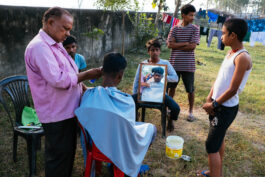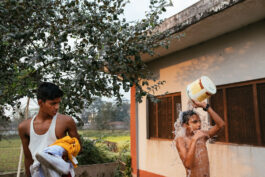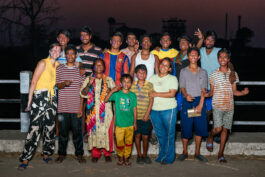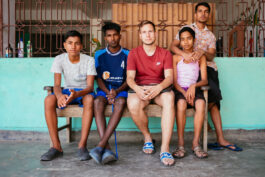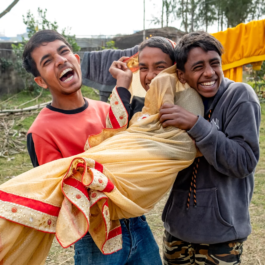
Home for Street Children,
Our Sansar
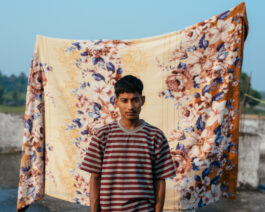
In south Nepal, there's a small village called Parwanipur. On the outskirts of this village, 17 boys live together in a home - much like a dormitory.
Spanning ages from 9 to 18, the boys share a common thread in their backgrounds: they have lived the harsh realities of street life or come from extremely underprivileged families.
They were rescued from the street and offered a better future by a non-profit organization called Our Sansar. Now the boys can live in a home with safety, food and education.
For older children, the organization provides skills-based training, work placements or progression into higher education - depending on their wants for the future.
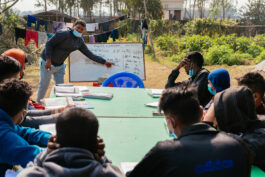
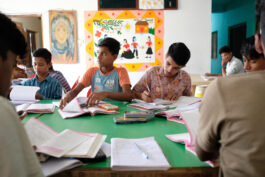
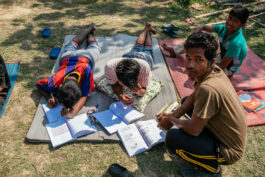
During the pandemic, the school was closed for several months.
Two teachers came from their school every week to give them classes at home. This way they did not fall behind in their studies and could pass their exams.
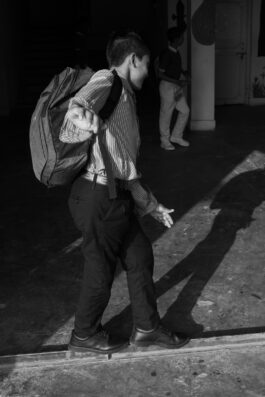
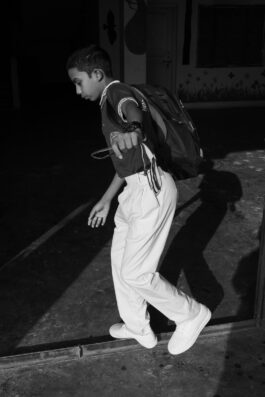
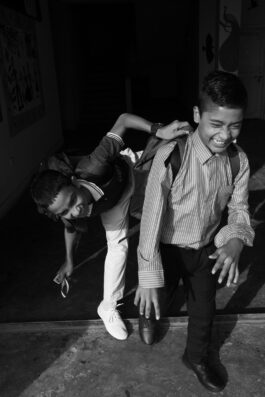
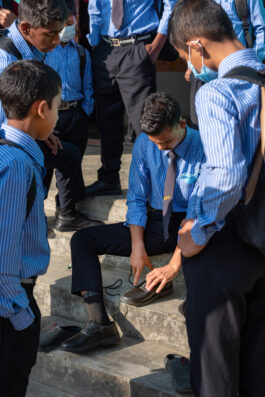
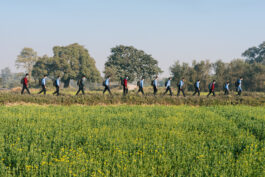
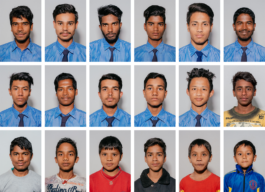
The boys can also participate in various extracurricular classes such as computer, volleyball, dance or yoga classes - depending on the volunteers' expertise.
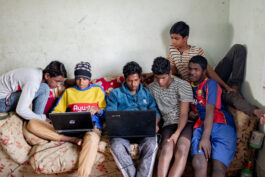
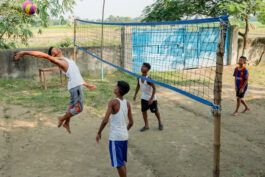
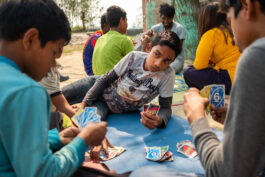
As part of the Street Children’s Programme, they also grow their organic vegetables and keep chickens for eggs.
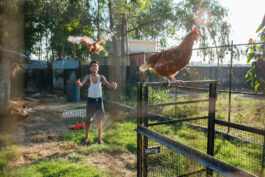
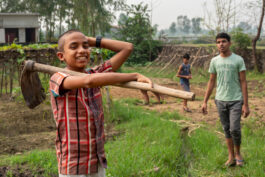
The household operates as a family unit, with each member contributing to chores like cleaning, washing their dishes, and laundering their clothes.
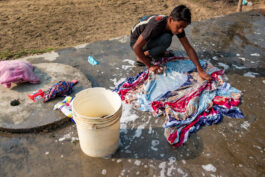

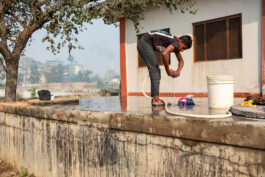
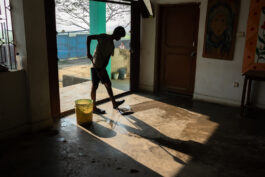
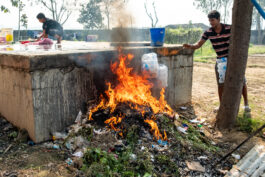
In this rural neighbourhood, electricity is considered a luxury.
The electricity that powers the lights, television, and kitchen equipment comes through a cable from the nearby alcohol distillery - on bamboo poles through the field.
The household experiences frequent power outages with unpredictable durations ranging from 2 minutes to an hour, and occasionally lasting an entire day. The boys have learned to adapt to these interruptions by keeping flashlights nearby.
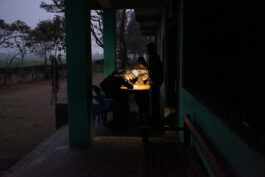
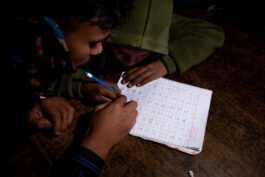
Each of them has different hobbies, which they can indulge in after completing their studies and homework.
Some like exercising, some cook, some like to draw others repair a broken drone from spare parts.
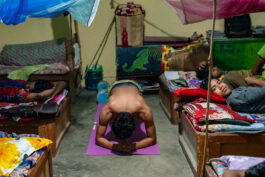
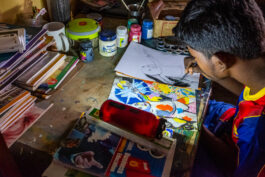
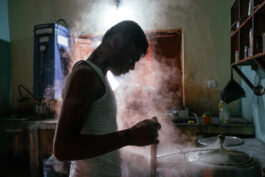
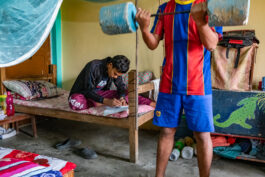
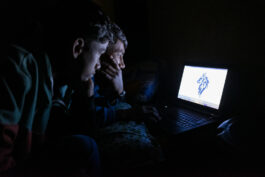
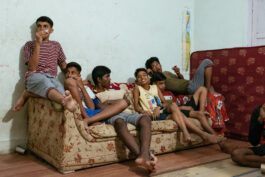
Regardless of circumstances, they prioritize looking out for one another and help wherever they can.
They have become each other's family.
